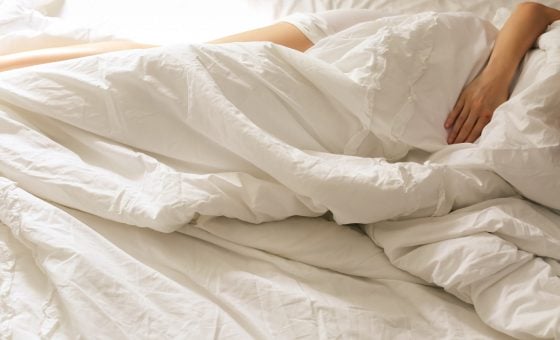Effects of poor sleep on mental health
Sleep can affect your emotional regulation. If you’re experiencing a period of bad sleep for weeks, months or years, this can affect your day-to-day life.
Poor sleep can affect your physical and mental health. Not getting enough “good quality sleep” can sap your energy levels, lower your mood and reduce your concentration. It can also negatively impact your relationships, immune system, work, and social life.
One of the biggest issues associated with not getting enough good quality sleep is sleep deprivation. Sleep deprivation is associated with poor mood and the inability to control our emotions. This poor mood can then disrupt our sleep, creating a vicious cycle.
- Poor focus, memory and concentration
- More likely to consume caffeine and sugary drinks
- More likely to take part in risky and anti-social behaviour
- More likely to suffer from colds and infections
- Less able to manage stress
There is now evidence that shows treating sleep problems may help reduce anxiety disorders and symptoms of depression.
If you are experiencing ongoing problems with sleeping, the best thing to do is make an appointment to see your GP.


